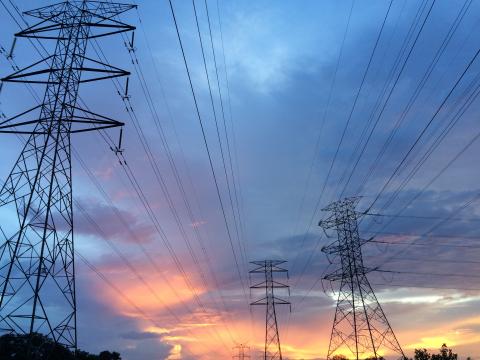Competition Heating up in EV Market

Worldwide there are approximately 60 million electric vehicles on the road. As EV adoption inevitably grows, we will see that number increase, as we are seeing more and more players in the EV market.
Looking at the global EV market share, Tesla is still on top, but Volkswagen is catching up. GM, Stellantis, Hyundai and BMW have also been slowly increasing their market share. Polestar & Kia Niro EV in 2022 top 10 in EV industry. Polestar as a brand beat out Volkswagen in the rankings. Genesis (Hyundai) crossover ranked number 6 for new registrations. Kia’s EV6 came in seventh. Rivian struggled last year but is finally making a comeback.
Historically an EV purchase has been out of reach for most consumers because of the expense. Governments have tried to offset high costs with tax breaks, lower interest rates, and rebates, but most of those have expired now as the technology becomes more “affordable,” albeit some governments have reintroduced the possibility of incentives lately. We’re already seeing this here in the US. The Inflation Reduction Act allows for a $7500 tax credit for new EV buyers, but it only applies to vehicles assembled in the US. That means that Hyundai and Kia will suffer despite having highly popular long-range models. Alas, Hyundai Motor Company’s (the holding company for Hyundai - HMA and KIA K- MA) recent investment in new plants in the US will alleviate that issue once the plants are online.
It’s only a matter of time before these types of encouragement come to an end for consumers. The question is will adoption continue at such a high rate without the incentives? Well, all the major brands seem to think so based on their investment levels.
-
Toyota is investing $3.8 billion into manufacturing batteries in the US with plans to build a battery plant in North Carolina. This comes after an overarching EV investment pledge of $70 billion by the brand and a goal of selling 3.5 million EVs globally by 2030.
-
In 2019 Rivian received a $700 million investment from Amazon. Amazon has also pledged to buy 100,000 custom Rivian delivery vans for its fleet by 2040, contributing to the growth of the brand significantly.
-
Honda and battery maker LG Energy Solutions are investing $4.4 billion into building batteries in the US for Honda and Acura.
-
Lucid Group is working to raise an additional $8 billion in capital to continue growing its brand and stay competitive in this ever-growing market.
-
The Detroit 3 are close behind. General Motors plans to spend $6.6 billing on EV plants, claiming it will dethrone Tesla by 2025. Stellantis is investing $83 million into hybrid EV production in Michigan and another $3.6 billion into its plants in Ontario. Ford claims it will be leading the way into EV for the US with a heavy $11.4 billion investment in “mega campus” in Tennessee and battery plants in Kentucky.
The “wild card” in this game is that even in the US, we don’t have a sufficient electric power grid or the stations to supply the quantity of electrical power for the “expected” quantity of EVs being introduced in the next 5 years. States can’t even produce enough power now for their consumers’ current needs, as we are seeing in California!
In spite of grid power shortages, the fight for first place continues with ever-increasing velocity. It will be interesting to watch as REAL automotive manufacturers continue to ramp up to truly break into the EV market in a serious manner.






